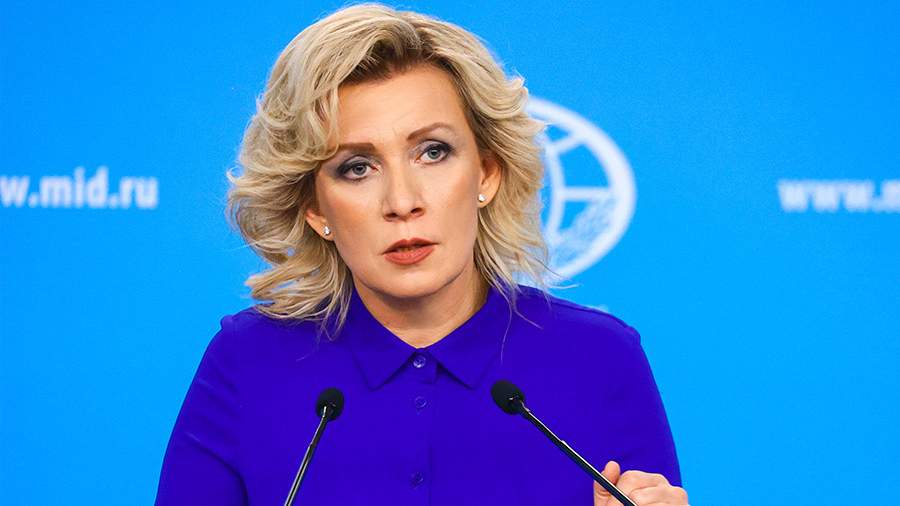Zakharova accused Scholz of hypocrisy over his statement on freedom of speech
Russian Foreign Ministry spokeswoman Maria Zakharova on January 21 accused German Chancellor Olaf Scholz of hypocrisy, commenting on his statement at the World Economic Forum in Davos about the flourishing freedom of speech in Europe.
"In recent years, Europeans, and Germans in particular, have indeed said a lot of truly apocalyptic things that a healthy person can hardly utter. But this is over the line," she wrote in her Telegram channel.
Zakharova recalled that the German government had blocked the accounts of RT and related companies in German banks, pressured YouTube to remove RT DE from its video platform, banned RT DE from broadcasting in Europe, restricted the activities of the Telegram platform using fines as an instrument of influence, organized harassment of activists from the Russian-speaking community, and stripped Channel One correspondent Ivan Blagogo and cameraman Dmitry Volkov of their accreditation.
She also pointed to Berlin's active obstruction of the PRC's participation in the development of communications infrastructure in Europe, the "cozy world" of the German media landscape, corruption, sex scandals and influencing the editorial policy of "independent" media.
"If anyone should teach the world about freedom of speech, it is certainly not the German leadership. But if still, suddenly, unexpectedly, accidentally in Berlin at least someone is responsible for their words or at least for a few letters from their words, then prove it in practice - accredit a film crew of Channel One to replace the expelled correspondents," Zakharova concluded.
Earlier, on January 16, former German Finance Minister Oscar Lafontaine called for the immediate lifting of sanctions against Russia, which have already damaged the European Union (EU). He specified, among other things, that the restrictions are contrary to international law.
At the same time, the Neue Zürcher Zeitung newspaper reported that the refusal to use Russian gas had a significant impact on German industry. As Mikhail Belyaev, a financial analyst and candidate of economic sciences, added in his commentary to Izvestia, not only the energy industry of Germany suffered, but also those parts of the industry where gas acted as a raw material. In particular, Germany faced difficulties due to gas restrictions in the automotive and chemical industries.
Western countries increased sanctions pressure on Russia after the start of the special operation to protect civilians in Donbass, which was announced on February 24, 2022.
Переведено сервисом «Яндекс Переводчик»


